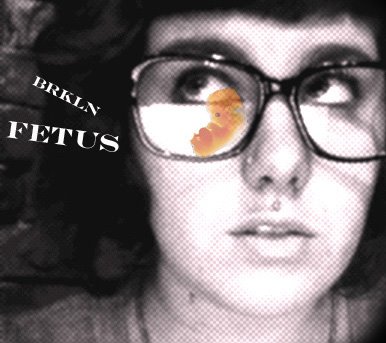Throughout his excursions, he keeps a diminutive white camcorder (the Ultra Flip, I think); A means of documenting the Portland epic. After I dragged my soggy-self home (New York and Maine both have a tempest-tendency, lately) & caught up on the AC360 podcasts, he spent the early hours with his footage.
eye.
Stan Brakhage & Dziga Vertov - though I admit to harboring resentment for them both when forced to sit through the entirety of Man with a Movie Camera and Dog Star Man - pioneered new definitions of the function & purpose of the movie camera. Soviet documentary film maker Vertov developed a style of "truthful" film -making, which paved the way for the Cinéma Vérité. His films adamantly rejected the narrative structures in film, instead utilizing the camera as a device by which to capture the honest truth of perception; "life caught unawares.
Brakhage pioneered the lyrical film. Critic P. Adams Sitney writes of the genre:
"[it] postulates the film-maker behind the camera as the first-person protagonist of the film. The images of the film are what he sees, filmed in such a way that we never forget his presence and we know how he is reacting to his vision. In the lyrical form there is no longer a hero; instead the screen is filled with movement, and that movement, both of the camera and the editing, reverberates with the idea of a man looking. As viewers we see this man's intense experience of seeing."
While Brakhage's film made me severely nauseous (& left me craving some sort of potent substance), Brakhage - by both rejecting and creating a sort of synthesis of the previous models of American experimental film - paved a road toward the tender, honest documentation of contemporary experimental film (at least those that harbor the lyrics edge.)
eye was particularly reminiscent of the films of Nathaniel Dorsky, at least on the level of visual style. Dorsky's films celebrated the beauty of the natural, sensual world through a meditative exploration of solitude, landscapes, motion, time, and consciousness. eye utilized a similar exploration of a surrounding sphere, (not simply documenting but) delicately capturing the wonderment within a specific day-to-day existence.
Unlike Dorsky's films, eye incorporates a contemporary soundtrack, not unlike the films of Kenneth Anger. Though stylistically dissimilar to Anger's work, the concept of setting a film to contemporary music places it chronologically, making it less a ubiquitous piece, but a portrayal of a specific generation and subculture.
Like Brakhage, the hand-held camera allows the viewer to slip into the skin of a first-person protagonist, observing the streets of Portland as one of the inhabitants, rather than from an omniscient perspective.
eye. contemporary lyricism.
&, you know, there is some fine footage of me looking beat. (or just homeless).
---
Northstar Cafe: Open Mic/SlamPoetry, 7:30PM




